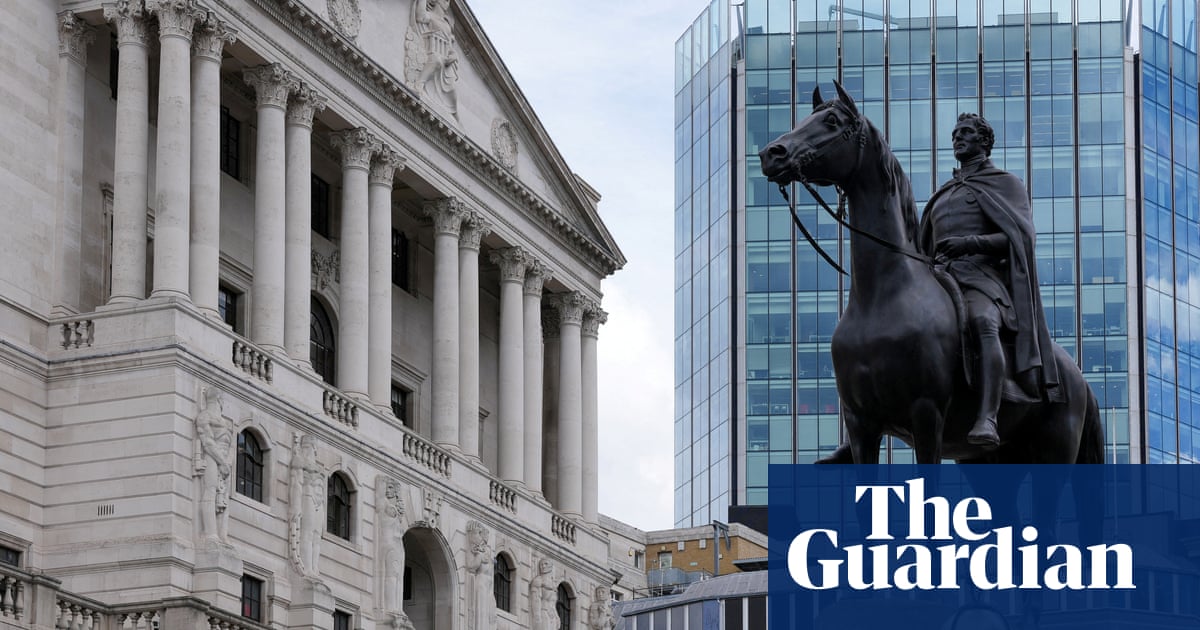The battle against inflation is being won – and it is being won slightly more quickly than economists expected. Prices are still going up but the tide has turned. Unless something sudden and unexpected happens, the annual increase in the cost of living will be below the government’s 2% target within months.
Those are the clear messages from the latest inflation data from the Office for National Statistics (ONS). What is less clear is when the Bank of England will start cutting interest rates in response.
The short answer to that question is that a move will not come on Thursday, with Threadneedle Street’s monetary policy committee (MPC) wanting further evidence before acting.
The fall in the annual inflation rate is due to prices rising less quickly than they were a year ago. The consumer prices index measure of the cost of living increased by 1.1% in February 2022 but by 0.6% last month.
After some rounding from the Office for National Statistics, that brought the 12-month inflation rate down from 4% to 3.4%. This was slightly better than the 3.5% consensus forecast from economists polled by Reuters and leaves UK inflation only slightly higher than the US (3.2%) and the eurozone (2.8%).
The downward trend in the UK is likely to continue. Prices rose by 0.8% in March 2023 and by 1.2% in April 2023. The latest evidence suggests there will be smaller increases in the same two months of 2024 and that will mechanically lead to further falls in the annual rate.
Paul Dales of the consultancy Capital Economics thinks inflation will be below 2% when the April figure is released in mid-May – and will continue falling towards 1% thereafter.
Food price inflation has eased significantly after hitting a 45-year high of 19.2% in March last year. In February, prices were 5% higher than a year earlier compared with a 7% annual increase in January.
Measures of underlying inflation are also coming down. The ONS defines core inflation as the annual increase in the cost of goods and services excluding food, fuel, tobacco and alcohol – the prices of which tend to be volatile or affected by changes in excise duty. On this basis, inflation fell from 5.1% to 4.5% – again slightly better than the 4.6% Reuters consensus.
after newsletter promotion
The MPC looks closely at service sector inflation because it considers that to be a reasonable guide to price pressures generated by the domestic economy rather than by global trends. This fell too – from 6.5% to 6.1% last month – smack in line with the forecast made by the Bank last month.
As such, the message from the Bank on Thursday may well be that the progress in bringing inflation down from the 40-year-high of 11.1% in October 2022 warrants lower interest rates. But not yet.







